New Standards for Liquid Hydrogen Valves and Safety Systems GB/T 45027 and GB/T 45161
The Standardization Administration of China (SAC) has announced the adoption and publication of two major new standards focused on liquid hydrogen systems. These standards are intended to increase safety and performance in the development and use of liquid hydrogen infrastructures. Product testing is a key element in demonstrating the conformity of relevant standards and norms in China. Depending on the area and application, different test laboratories can carry out these tests.
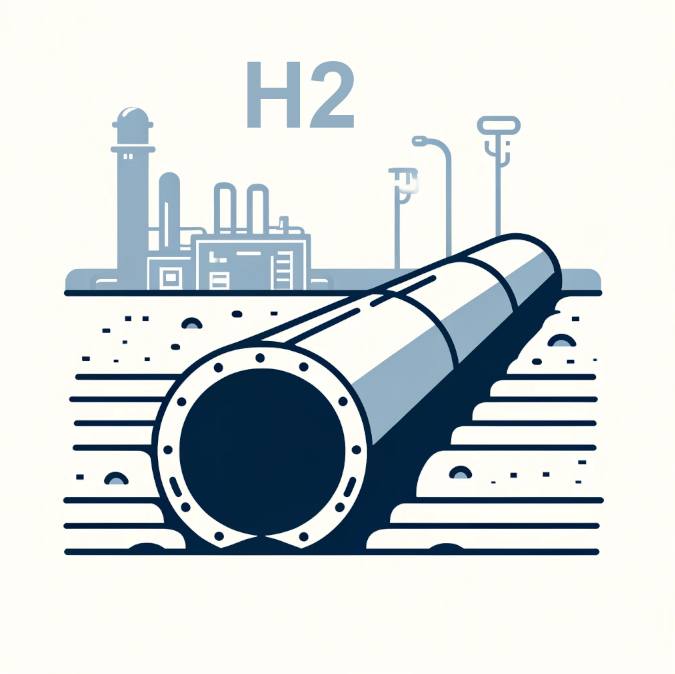
The newly released standards include:
- GB/T 45027-2024: General Specifications for Liquid Hydrogen Valves
- Implementation Date: 01 April 2025
- Implementation Date: 01 April 2025
- GB/T 45161-2024: Technical Specification for Safety Valves for Liquid Hydrogen Containers
- Implementation Date: 01 July 2025
These advances reflect China’s commitment to promoting a robust regulatory framework for the hydrogen industry. By introducing precise and enforceable standards, the SAC aims to ensure safety, efficiency and global competitiveness in the field of liquid hydrogen technology.
MPR China Certification is an expert in the testing of industrial equipment, components, as well as vehicles and their components. We offer comprehensive services in the field of approval and testing of hydrogen components in China. We will be happy to inform you about your options.
Please do not hesitate to contact us for more details and consultations. You can contact us by email, chat or call (UK: +44 2071931135, Europe: +49 69 2713769150, USA: +1 773 654-2673).
Also check out our free CCC brochure, which you can download as a PDF file. The brochure also includes information on CCC self-declaration and voluntary CQC and CCAP certification).
Updated Standards for Mobile Power Supplies in China
Effective August 1, 2024, mobile power supplies (code: 0914) in China will be subject to mandatory product certification under the China Compulsory Certification (CCC) program. According to a 2023 announcement by the State Administration for Market Regulation, this requirement applies due to the expanded usage of lithium-ion batteries and their components in various consumer electronics. Products under this category include lithium-ion battery packs with additional functionalities and external power interfaces. Mobile power supplies typically require CCC certification for their import, production, and sale in China.
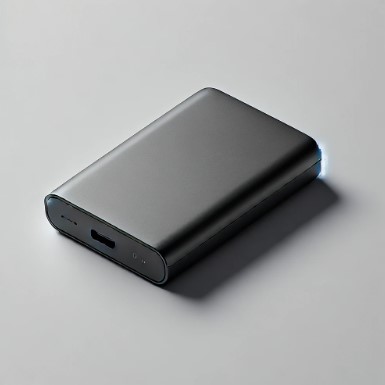
The new regulation defines mobile power supplies as products weighing less than 18 kg, with lithium-ion battery packs capable of input/output functions and rated at a capacity exceeding 600 mAh. Furthermore, devices with unspecified use cases but featuring universal output ports are also considered within this scope.
For more information on how CCC certification, the CCC Self-Declaration and voluntary CCAP or CQC certification may affect your company, or for more information about CCC certification in general, please visit our News Section where you will find current updates twice a week.
Please do not hesitate to contact us for further details and consultation. You can contact us via email, Chat, or call us (UK: +44 2071931135, Europe: +49 69 2713769150, US: +1 773 654-2673).
You can also check our free CCC-Brochure, which can be downloaded as a PDF file. The brochure also contains information on the CCC Self-Declaration and the voluntary CQC- and CCAP-Certification).
Revised Standards for Automobile Tyres Announced by Taiwan’s BSMI – CNS 1431:2023
The Bureau of Standards, Metrology, and Inspection (BSMI) of Taiwan has adopted the revised standard CNS 1431:2023 as the updated inspection standard for automobile tyres. While the revised version largely retains the previous standards, it introduces new requirements, including rolling sound emission, wet grip braking performance, and rolling resistance coefficient. These additional measures primarily apply to Class C1 and C2 tyres. Certain tyres, such as those for temporary use, studded tyres, and specific professional off-road tyres, are exempt from these requirements. The new standard will come into effect on July 1, 2026. Automobile tyres typically require BSMI certification to be approved for import and sale in Taiwan.
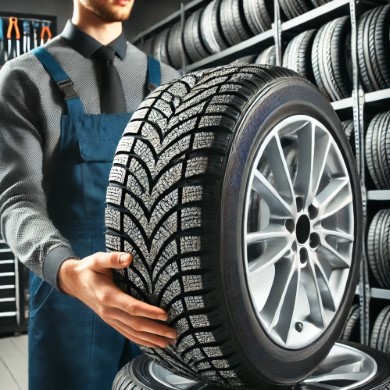
To comply with the updated regulations, manufacturers and importers must follow one of two conformity assessment procedures: Monitoring Inspection or Registration of Product Certification (RPC). Monitoring Inspection involves submitting an application and type test reports for products before they are shipped or imported. RPC certification requires type testing (Module II) and a quality management system audit under Modules IV, V, or VII. Certified products will carry the Commodity Inspection Mark and may clear customs without further inspection unless sampled for border checks. Fees and specific testing requirements vary, and additional details can be found on the BSMI website.
BSMI approval is mandatory for certain products exported to and sold in Taiwan, but also for certain locally manufactured products. It ensures that products meet the requirements related to safety, health, environmental protection and other technical regulations or standards.
MPR China Certification GmbH has many years of experience in Taiwan certification and competent partners on site. We will be happy to advise you without obligation on the scope and process of a Taiwan certification.
Please do not hesitate to contact us for more details and advice. You can write to us by email or call us at +49692713769150.
Revised Implementation Rules for Automotive Tires
To enhance the regulation of mandatory product certification for automotive tires, China’s State Administration for Market Regulation has revised the relevant implementation rules. The updated regulation, titled Mandatory Product Certification Implementation Rules for Automotive Tires (CNCA-C12-01:2024), will take effect on January 1, 2025, replacing the previous version (CNCA-C12-01:2015). Automotive tires usually require CCC certification to be approved for import and sale in China.
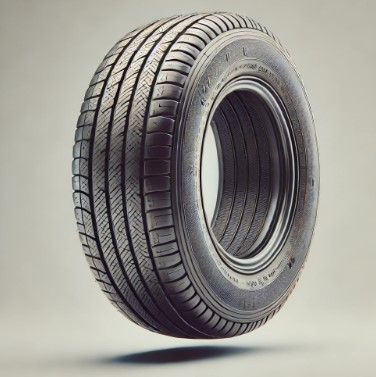
Certification bodies designated for this purpose must develop detailed implementation guidelines in line with the revised rules and general requirements for mandatory product certification. These guidelines must be filed with the State Administration for Market Regulation before certifications and certificates are issued under the new framework. From January 1, 2025, certification applications will be processed exclusively under the updated rules. Existing valid certificates will remain usable and will transition naturally through processes like renewal, product modifications, or standard updates.
For further information please also refer to our previous news regarding Standards GB9743-2024 and GB9744-2024 (passenger tires and truck tires), which were revised with main focus put on inclusion of rolling resistance and wet grip, as well as the clarification of tire definitions and size standards and the consistency of rolling resistance test data.
For more information on how CCC certification, the CCC Self-Declaration and voluntary CCAP or CQC certification may affect your company, or for more information about CCC certification in general, please visit our News Section where you will find current updates twice a week.
Please do not hesitate to contact us for further details and consultation. You can contact us via email, Chat, or call us (UK: +44 2071931135, Europe: +49 69 2713769150, US: +1 773 654-2673).
You can also check our free CCC-Brochure, which can be downloaded as a PDF file. The brochure also contains information on the CCC Self-Declaration and the voluntary CQC- and CCAP-Certification).
Updated Certification Requirements for Household Switches in China – GB/T 16915.1-2024
China has introduced a revised GB standard for switches used in fixed electrical installations for households and similar applications. The new standard, GB/T 16915.1–2024, replaces the previous version, GB/T 16915.1–2014, and will come into effect on October 1, 2025. Fixed electrical installations in households require CCC certification to be approved for import and sale in China.
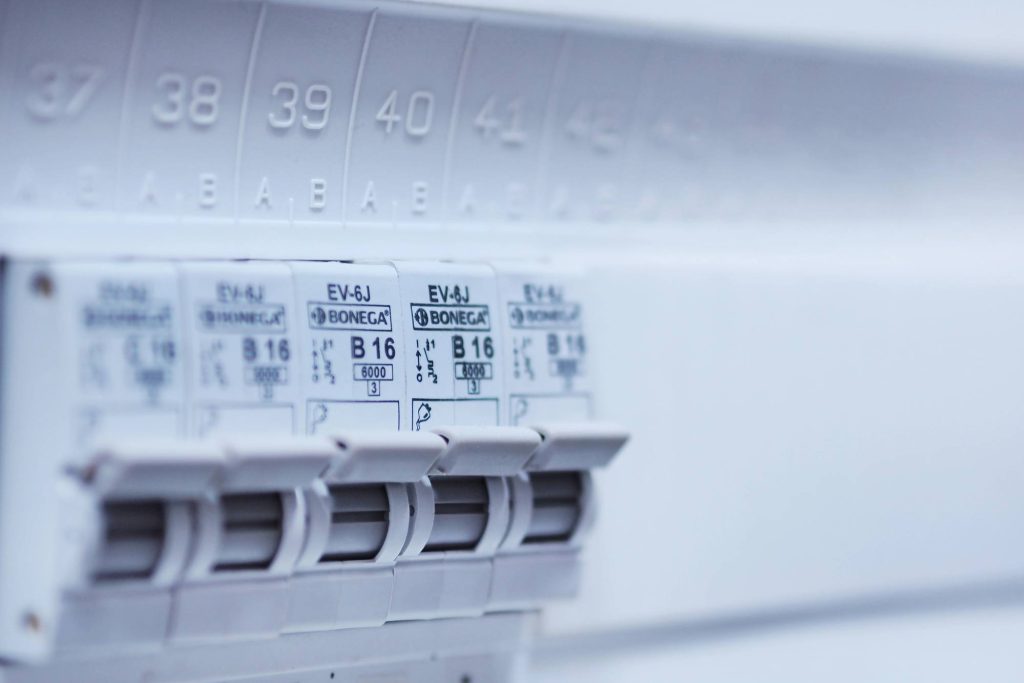
The technical committee (TC07) conducted a comprehensive analysis of the differences between the old and new standards. Key changes and additional testing requirements were identified. A detailed overview of these adjustments and supplementary tests is provided in the appendix.
For more information on how CCC certification, the CCC Self-Declaration and voluntary CCAP or CQC certification may affect your company, or for more information about CCC certification in general, please visit our News Section where you will find current updates twice a week.
Please do not hesitate to contact us for further details and consultation. You can contact us via email, Chat, or call us (UK: +44 2071931135, Europe: +49 69 2713769150, US: +1 773 654-2673).
You can also check our free CCC-Brochure, which can be downloaded as a PDF file. The brochure also contains information on the CCC Self-Declaration and the voluntary CQC- and CCAP-Certification).



